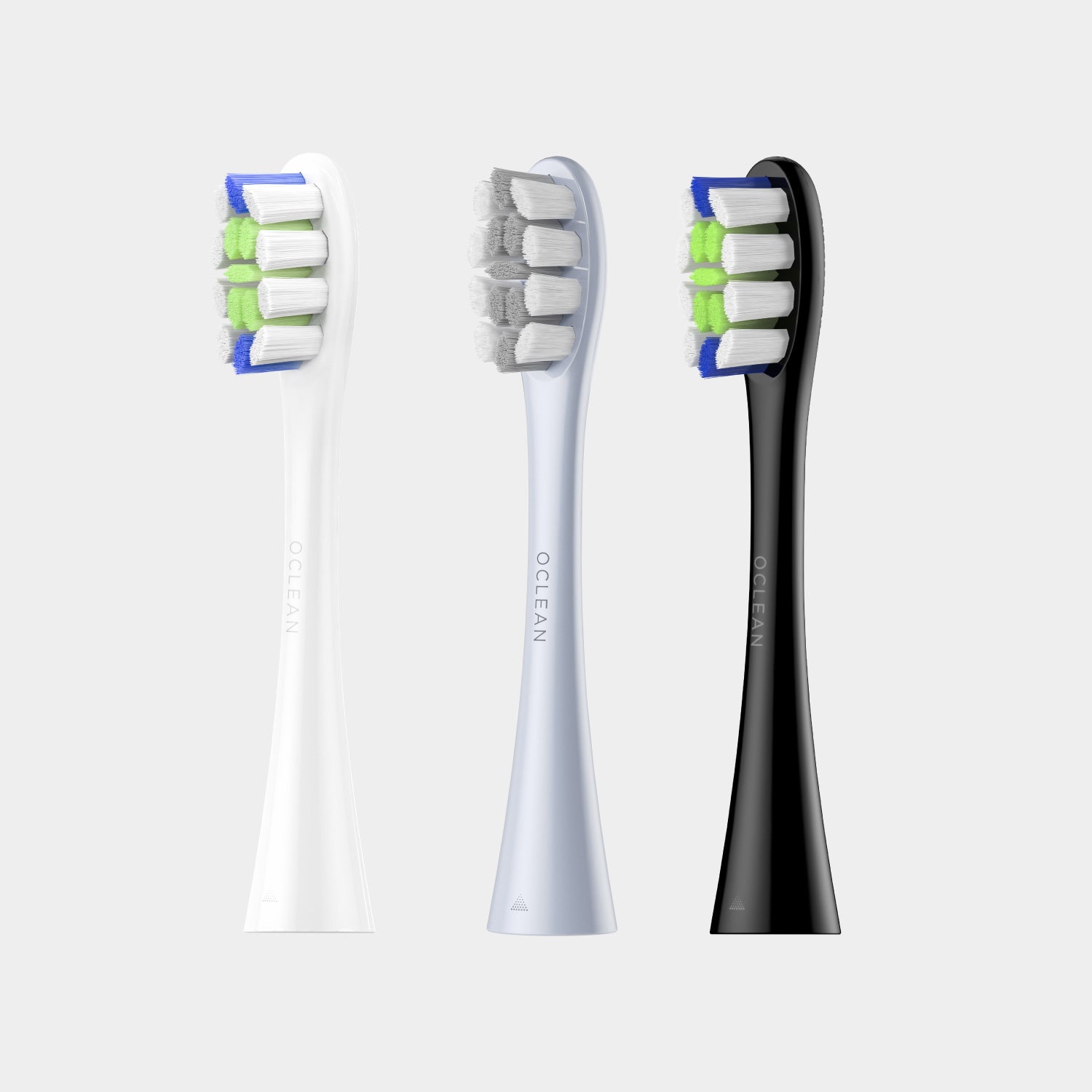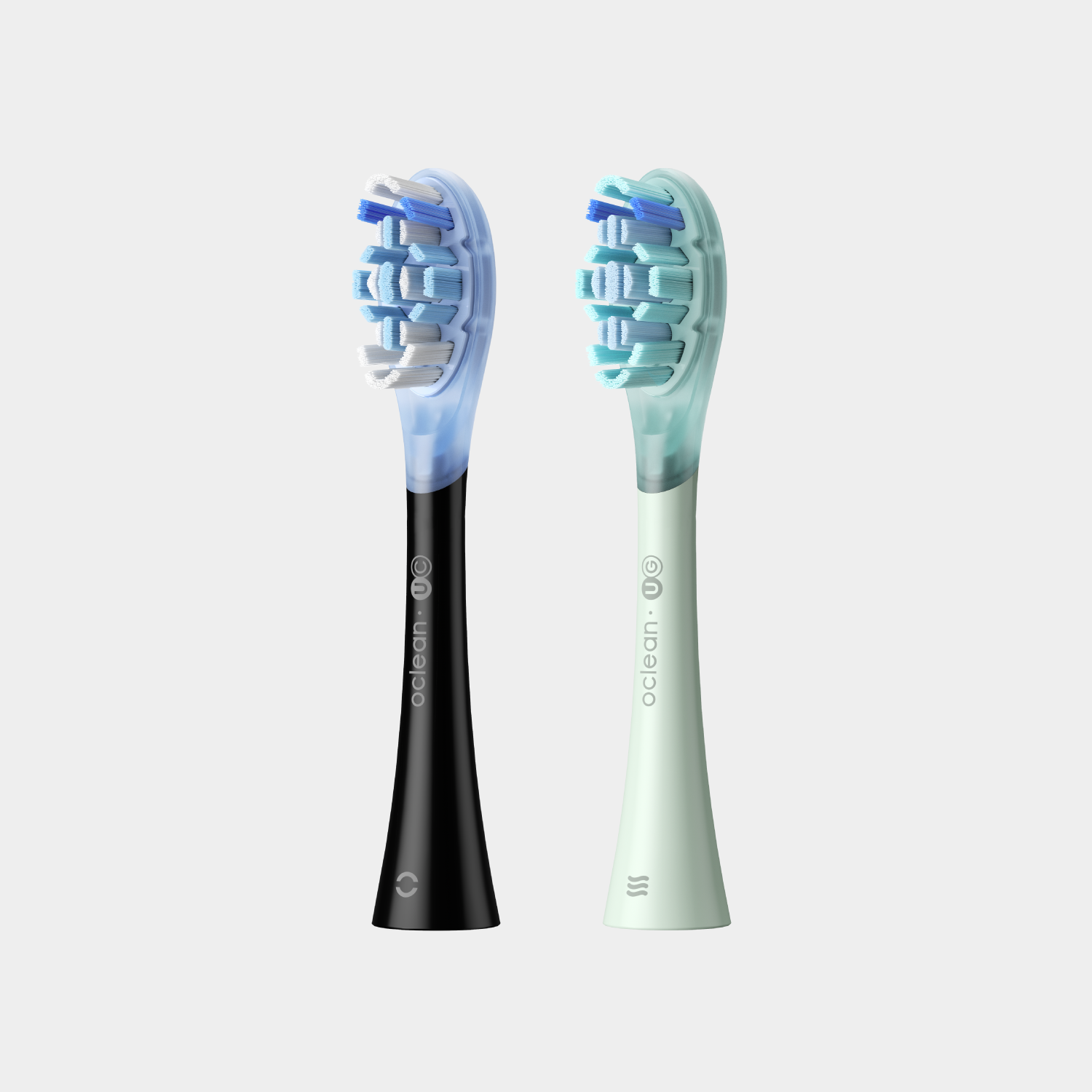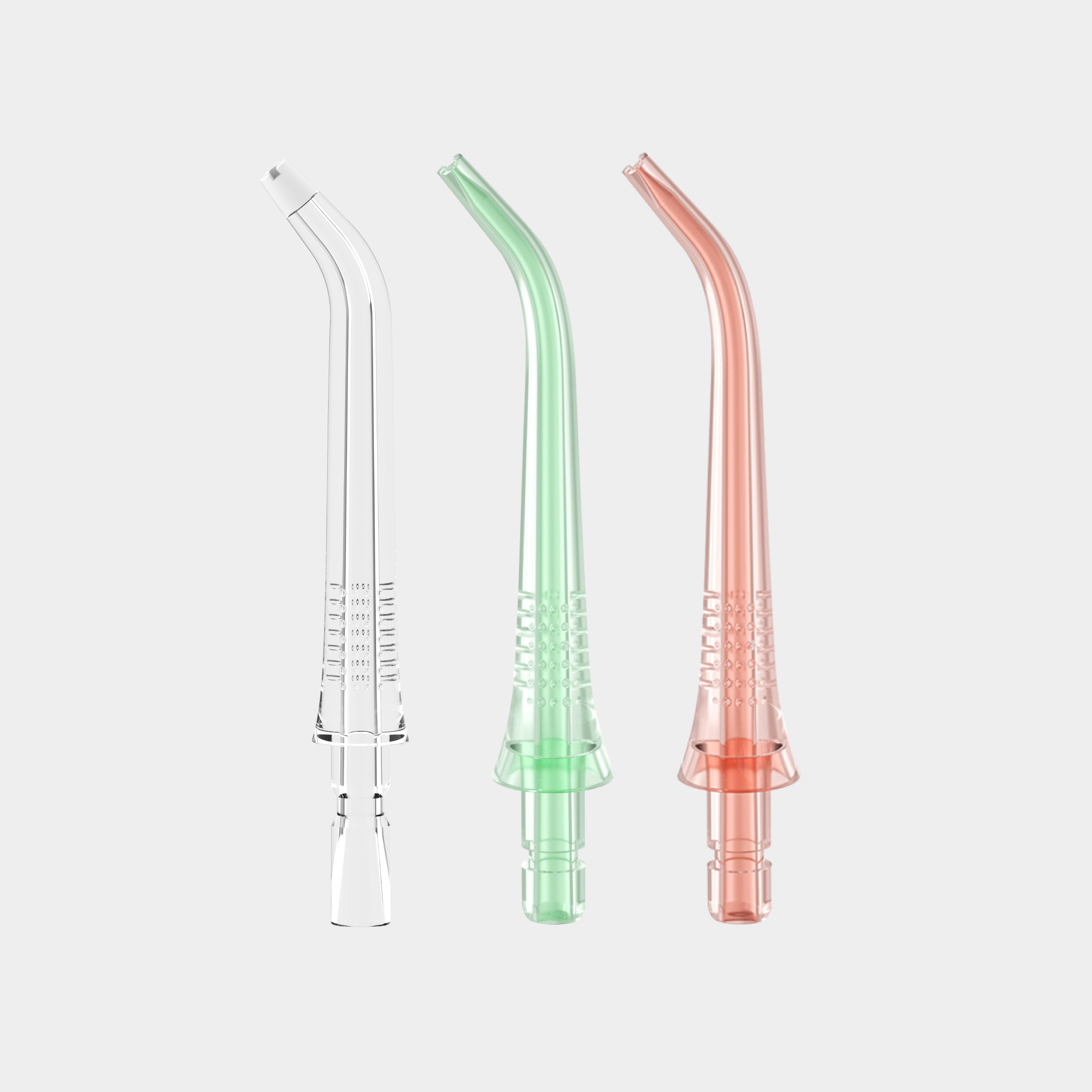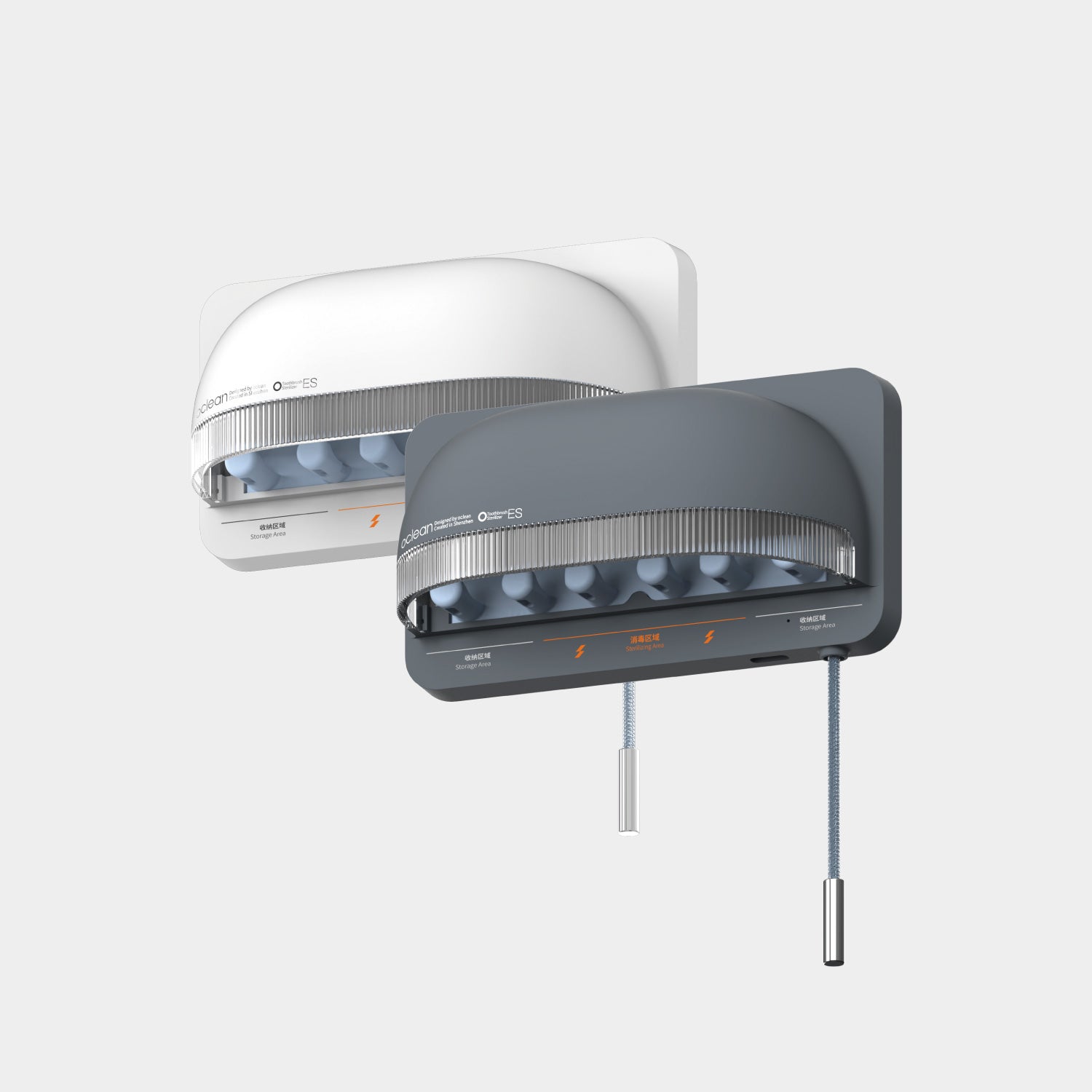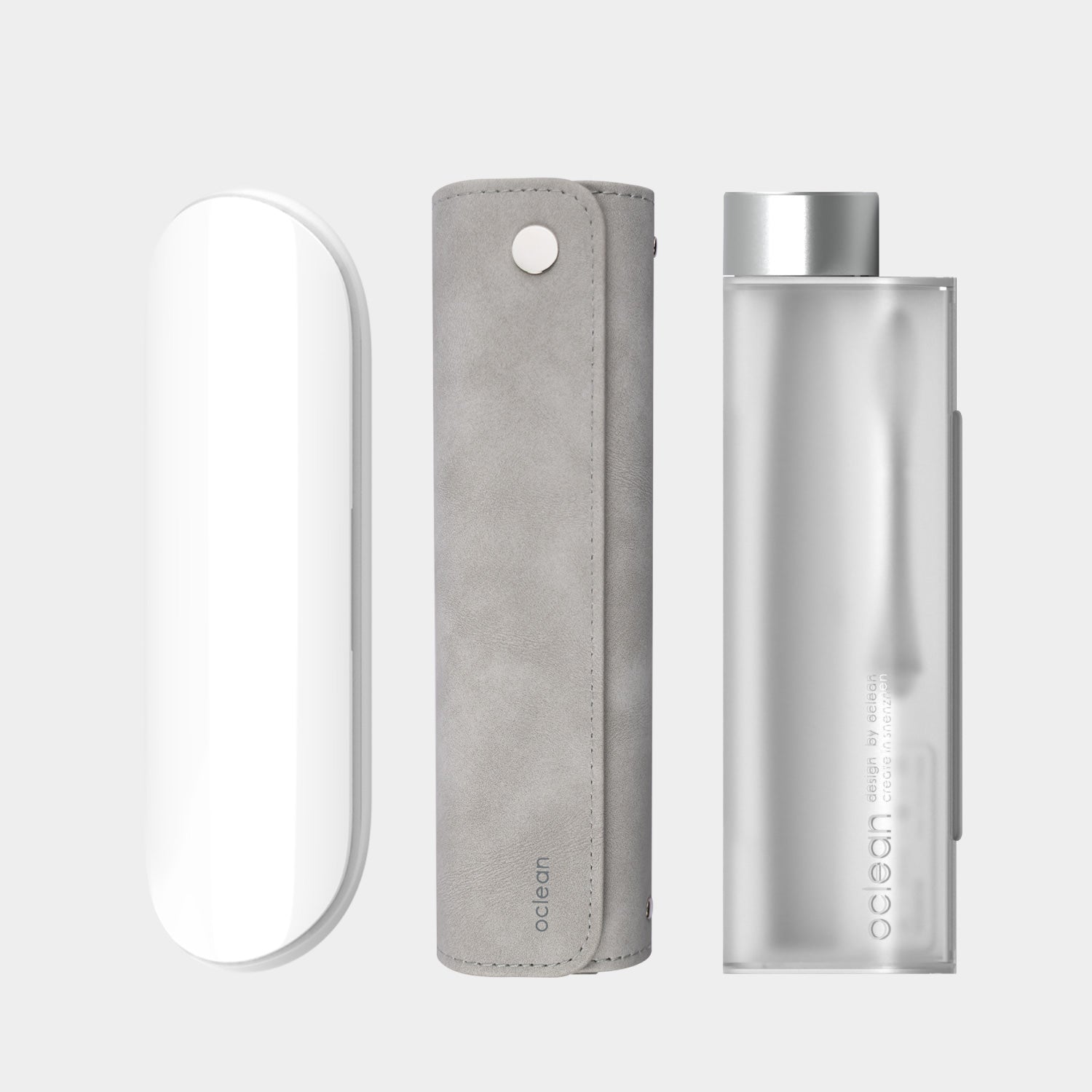Maintaining a clean and healthy mouth is essential. To achieve optimum oral health, dentists recommend brushing twice a day, rinsing your mouth, and flossing daily.
However, many people have noticed discomfort and pain in their teeth after flossing.
If you are one of them and want to know, "Why do my teeth hurt after flossing?" Here are the three explanations for you
1. Wrong flossing technique
Watch the way you floss. Sometimes your gums or teeth might become sore if you floss too much. Furthermore, it is not good to propel the floss between your teeth and keep doing it for a long time. If you do not floss gently, it will hurt your teeth and gums.
2. Gum disease or gingivitis
If you find your gums bleeding after flossing, the odds are that you have been dealing with gingivitis or other periodontal conditions. In such cases, you must practice a healthy oral routine and consult with an experienced dentist before the situation deteriorates.
3. Tooth sensitivity
Tooth sensitivity can hurt you badly when you brush and floss. Generally, tooth sensitivity appears when the tooth enamel wears off or if the tooth root is exposed.
The sensitivity is triggered when you drink hot or cold drinks. After consulting with your dentist, you must carefully choose your toothbrush and toothpaste to alleviate the pain.
Speaking of toothbrushes, you may check out the wide range of electric toothbrushes available at Oclean. These are safe to use and recommended by the ADA.
What helps with pain after flossing?
A simple cold compress or rinsing your mouth with salt water can help manage the pain. If you are now anxious, "how long does it take for flossing to stop hurting?"
Since everyone's oral conditions are distinct, the answer will vary from person to person. Generally, the pain resolves within a few hours.
Should you stop flossing?
Even though flossing may hurt you sometimes, it's not a good idea to bid it farewell. If you want to avoid getting hurt with traditional floss, you can opt for alternatives such as water flossing. The water flossing technique is safe to use, even for amateurs, as it uses a stream of water to eradicate the bacterial accumulation between your teeth. Grab our water flosser to eliminate germs and plaque between teeth without any discomfort. At the same time, use oclean smart toothbrush to maintain oral health in the simplest and most efficient way.
Related Readings:
Can You Bring an Electric Toothbrush on a Plane
How Many Calories Are in Toothpaste
What Happens if You Swallow Toothpaste
Are Charcoal Toothbrushes Safe






















































